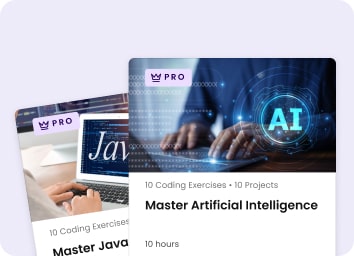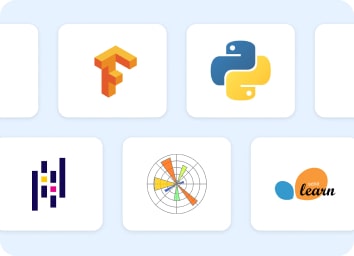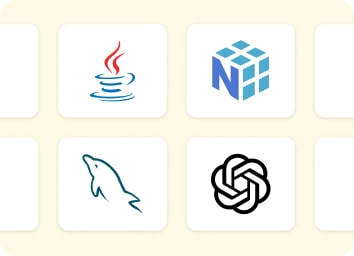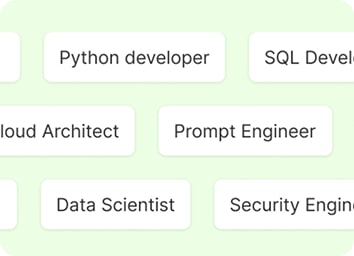Free Java Programming Course with Certificate
Java Programming
This free Java course will introduce you to the world of Java Programming. Explore the fundamentals of Java, like syntax, functions, and arrays. Enroll in this beginner course and kickstart your programming career in Java.
Instructor:
Mr. Bharani Akella
Ratings
Level
Learning hours

Learners
Skills you will learn
About this course
This Java free course is an excellent entry point for beginners eager to grasp the fundamentals of Java programming. The journey begins with a concise introduction to the Java programming language, followed by guidance on installing Java IDE. As you progress, you will delve into various programming concepts such as variables, data types, operators, arrays, flow control statements, and functions, all demonstrated through relevant code examples.
This course offers a unique chance to dive deep into creating your first Java program, providing a solid foundation in the early stages of Java programming. By enrolling in this free Java course, completing the quizzes, and fulfilling course requirements, you will earn a certificate of completion. Don't miss this opportunity to enhance your skills with a Java course free of charge, specifically designed for those new to Java programming.
Interested in learning advanced software skills? Great Learning offers top-class Software Development Courses. Enroll in the paid programs of your choice and earn highly valued certificates.
Course Outline
This module will help you get briefly acquainted with Java and understand why it is generally known as cross-platform compatible and object-oriented.
This module gives you detailed information and a demo of installing Java IDE- Eclipse on your system.
This module will go through the first Java program that will help you comprehend its syntax and semantics. For your better understanding, a hands-on demo is also available.
This module will brief you about variables in Java with appropriate examples. Secondly, you will get familiar with data types in Java which are thoroughly explained with the help of examples.
This module focuses on operators in Java. Arithmetic, logical, and relational operators are explained in detail with the help of code examples.
What our learners enjoyed the most
Skill & tools
61% of learners found all the desired skills & tools
Our course instructor

Mr. Bharani Akella
Data Scientist
IT & Software Expert
Frequently Asked Questions
Will I receive a certificate upon completing this free course?
Is this course free?
What is java and why is it widely used?
Java is a high-level, object-oriented programming language known for its portability, security, and robustness. It's widely used in enterprise environments, mobile applications, and large systems development.
How do i start learning java as a beginner?
Begin with understanding Java basics like syntax, operators, data types, and control structures. Utilize online tutorials, books, and Java development environments for practice.
What are the key features of java?
Key features include platform independence, object-oriented structure, strong memory management, high performance, and built-in security features.
Other IT & Software tutorials for you
Java Programming
The Benefits of Using Java
Java is widely used because of the following benefits:
• Java is very easy to learn as the syntax is similar to the older programming languages C and C++
• It is platform-independent and has its own virtual machine that is capable of converting the code into bytecodes which can run on all java supported platforms
• Java is an object-oriented programming language that is based on objects which are capable to imitate real-world scenarios
• It supports the four pillars of an object-oriented programming language. I.e., Abstraction, Encapsulation, Inheritance, and Polymorphism
• It is more secure than other contemporary programming languages
• Java does not support pointers and multiple inheritances as they cause ambiguity and lead the programs to crash
• Java supports threads and therefore can execute multiple tasks simultaneously occupying much less memory
• It uses a Just In Time compiler that uses the best of a compiler and an interpreter
These Java benefits are also some of the top reasons why you should prefer taking Java courses online free.
What is Java Programming Used For?
Now that we know what Java Programming is, we must also understand what it is used for. Java is used by developers across industries to consistently upgrade their models and remain competitive with modern technology standards.
Some of the many areas where Java is used as the primary programming language are:
• Development of server-side applications
• Developing HTML forms, online forums, e-stores, polls, etc.
• Creating customized applications by combining multiple basic applications
• Running software on virtually any java supported platform
Great Learning's Java full course will make you adapt to working on all such applications and softwares.
Coding powerful applications for:
• Mobile devices
• Remote processes
• Wireless modules
• Microcontrollers
• Sensors
• Gateways
• Consumer Products, and more
Variables in Java Programming
Variable is the name of the memory area where the information is put away. You would need to remember a couple of things while working with factors in Java.
• A variable name should start with a letter, $, or an underscore symbol(_)
• The principal letter for the sake of the variable can be trailed by any combination of digits and letters
• The variable name ought not to be the same as keywords on the grounds that the watchwords are held for unique purposes.
• Variable names are case sensitive
The three types of variables in Java Programming are:
• Local Variables
• Instance Variables
• Static Variables
Data Types in Java Programming
There are various kinds of data that one deals with within business applications. To handle them, we need various sorts of data types and containers as storage. In Java, there are 8 data types:
byte – size is 1 byte and it holds 0
int – size is 4 bytes and it holds 0
short – size is 2 bytes and it holds 0
long – size is 8 bytes and it holds 0L
roast – size is 2 bytes and it holds '\u0000'
boolean – size is 1 cycle and it holds false
skim – size is 4 bytes and it holds 0.0f
twofold – size is 8 bytes and it holds 0.0d
There are likewise some non-primitive data types like arrays, classes such as String, etc.
Operators in Java Programming
The various kinds of Operators in Java:
• Unary Operators
• Arithmetic Operators
• Shift Operators
• Relational Operators
• Bitwise Operators
• Logical Operators
• Assignment Operators
• Ternary Operators
You will learn more about Variables, Data Types, and Operators in Java when you sign up for Great Learning Academy's Java Programming course for free.
The roles and responsibilities of a Java Developer
A Java developer is expected to perform a set of tasks and to take up specific responsibilities which are as follows:
• Create Program Architecture - The program design is the critical factor that gives a general vision of what requirements to achieve from a task. Java developers are needed to introduce this design, given their capability with Java.
• Requirement Gathering - Before taking a shot at a project, a Java developer must assemble requirements from those associated with the planning process. This incorporates working intimately with the stakeholders and project managers alongside other java developers. This stage will likewise incorporate prioritizing tasks, deciding the extent of work, and settling the course of action.
• Development - This is where the Java developers will actualize their core abilities, i.e., developing the code, testing, and correcting the code.
• Testing - As the development gets completed, Java Developers test and debugs them. The objective is to guarantee that all the features fill in as they were planned.
• Deployment- The deployment stage includes moving the code to a live environment. The code should be completely functional before the developers begin deploying it. The changes that must be done will have to be made in the testing stage. Changes after deployment would require reverting and redeployment.
Wish to become a Java Developer? This free Java course online will help you grasp Java programming well for beginners. Follow this Java developer course religiously and kickstart your career in Java.
Java Course By Great Learning
At Great Learning, they offer a free course on Java that can be taken online. It covers the basics of the language, including the topics covered in this article. At the end of the course, learners will get a certificate of completion. The Java course for beginners is designed to give learners the skills they need to build applications. Additionally, learners will get access to the latest tools and technologies that are used in the industry. This will give them an edge in the job market.
Overall, taking a free course on Java by Great Learning is a great way to learn the language and gain the skills needed to develop applications. The certificate that can be earned after completion will demonstrate the learner’s proficiency in the language and give them an advantage in the job market.























 (1).png)
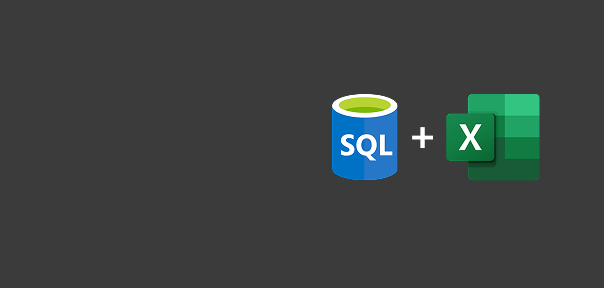

.png)


.png)
.png)
 (1).jpg)
.png)
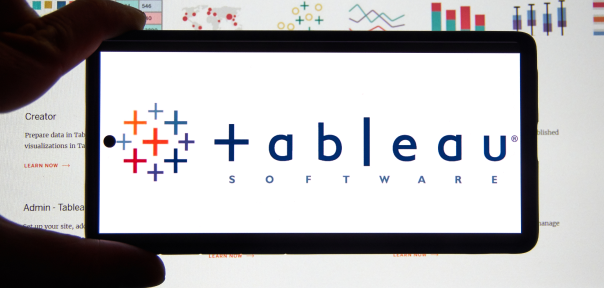





.png)
.png)
.jpg)


